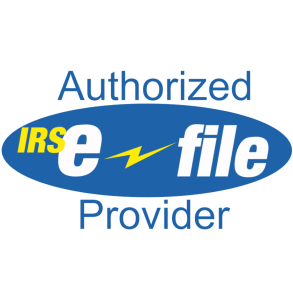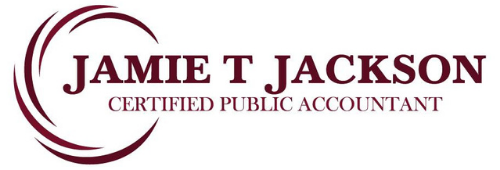
If you have unpaid tax liabilities the IRS can use various tools to force repayment of tax debts. These include placing a tax lien on your property (including your home), filing a tax levy on your financial bank accounts to seize cash from your bank accounts, and filing a wage garnishment order with your employer to seize funds from your paycheck.
Tax Lien
A federal tax lien means that the IRS may take your property if you don't pay your delinquent tax liability. You will be notified that a tax lien has been place on your real property. Subsequently, if you have not paid taxes due you will receive a notice demanding immediate payment or the IRS will seize your property. Upon seizure, the IRS can have the property sold at auction to pay your tax debt.
To avoid having your property seized and sold you need to have the tax lien removed. If you can pay the delinquent taxes this will remove the tax lien. If not, you need professional tax advice to determine options to remove the tax lien.
Tax Levy
The IRS can place a tax levy on your bank account requiring the bank to remit all funds in your bank account to the IRS. The IRS will notify you that a tax levy will be placed (10 day notice period). If you can't pay the tax debt during the 10 days you can request a stay of collections which gives you 90 days to make payment arrangements with the IRS. You can enter into a payment plan with the IRS which will eliminate the tax levy. If your financial condition does not allow for repayment of your delinquent taxes you may be able to be placed on the IRS Currently Not Collectible list. You may also qualify for an IRS Offer in Compromise which can permanently eliminate a portion of your tax liability.
Wage Garnishment
Many times when you owe delinquent taxes to the IRS they will serve wage garnishment order with your employer. The notice obligates the employer to withhold excess wages (defined by the IRS) and send it to the IRS. The amount they consider as excess changes each year and is calculated based on the size of your family. For example, a single taxpayer with no exemptions is allowed to retain $238.46 weekly (2020 IRS Publication 1494). A married taxpayer with two children is allowed to retain $642.30 weekly. Wage garnishment will hurt you financially as the IRS can take a significant portion of your income.
If you are currently subject to wage garnishment you need a tax professional to help you work with the IRS to establish a payment plan instead of wage garnishment.
Schedule an appointment today or give me a call to discuss your options for dealing with a tax lien, tax levy or wage garnishment.





Jamie T Jackson, CPA
143 North State Street Ste.1
Rigby, ID 83442
208.754.2225
[email protected]
